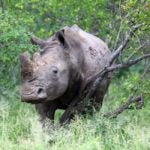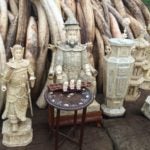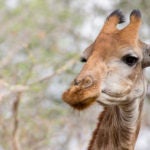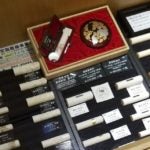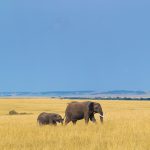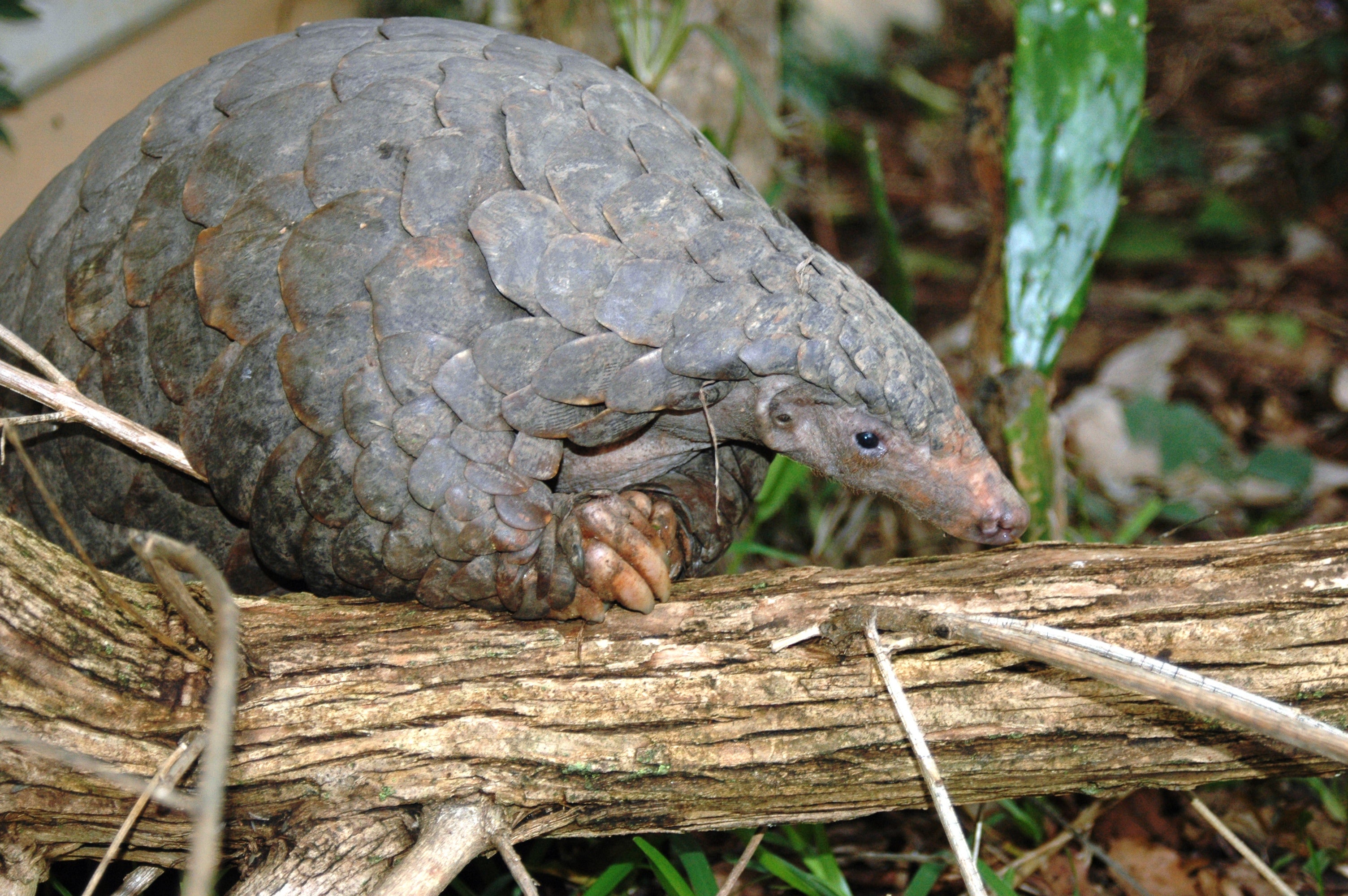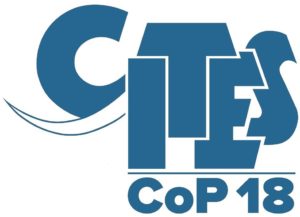
GENEVA—A ban on international commercial trade in the Asian small-clawed otter has been agreed by an overwhelming majority by world leaders attending the 18th meeting of the Conference of the Parties to the United Nations Convention on International Trade in Endangered Species of Wild Fauna and Flora (CITES CoP18), being held in Geneva, Switzerland. Countries voted to list the Asian small-clawed otter on Appendix I, in addition to an earlier vote to also list the smooth-coated otter on Appendix I. Humane Society International/India and its global affiliate Humane Society International, part of one of the largest global animal protection charities in the world, welcomes the CITES uplisting as essential to the survival of these species.
Mark Simmonds, senior marine scientist at Humane Society International, said: “A wide variety of threats is adversely affecting the Asian small-clawed otter in the wild, such as habitat loss, pollution, and the fur trade, but increasingly it is persecution for the pet trade that is proving its downfall. This is the smallest and arguably the ‘cutest’ of all the otter species, and interest in them, fanned by photos and film on social media, means that a market for live pet animals has been swiftly growing in Asia. They are increasingly being seen in coffee shops in Japan and elsewhere where they are used as props to entice customers who share their experiences on social media platforms like Instagram, thus perpetuating the otter craze.
“With so much stacked against these otters, who are now classified as Vulnerable by the IUCN, we are delighted that they will now benefit from this very welcome, precautionary agreement to give them the highest protection at CITES. The Appendix I listing effectively bans international trade for commercial purposes and removes one of the key threats that they face. This isn’t the end of the story however. We urgently need other complementary conservation initiatives to truly tackle the otter’s demise, and so we hope that this new CITES listing will act as a call to action. We commend India, Nepal, the Philippines and Bangladesh for bringing both the otter proposals forward, and all the countries and conservation organizations that supported them.”
Sumanth Bindumadhav, HSI/India’s wildlife campaign manager who presented an intervention on the floor of CITES CoP on behalf of 24 other national and international non-profit organisations, said: “HSI/India has long highlighted the myriad threats faced by the small-clawed and smooth-coated otters, so we are delighted by these important CITES actions. Appendix I listings will send an important and timely warning, not least to online and social media audiences, that these are imperilled species and that trade in them is harmful to their welfare and their overall species survival. We hope that it will also lead to additional trade controls, enhanced scrutiny of captive-breeding operations, and aid enforcement, given the challenge in distinguishing between tropical Asian otter species once in trade.”
The decision needs to be ratified at the plenary session of the CITES conference on August 27/28th.
Media Contacts:
Shambhavi Tiwari, +91 8879834125 stiwari@hsi.org
Media contact at CITES CoP in Geneva: Sumanth Bindumadhav, +91 99808 72975 sbindumadhav@hsi.org


